Canada is now walking in sync with the United States and the European Union in imposing increased tariffs on China-made electric vehicles as countries accuse China of unfair business practices.
On Monday, Canada’s Department of Finance announced it would be implementing a 100% tariff on Chinese EVs and a 25% tariff on steel and aluminum imports.
Canada’s Statement

In the Department of Finance statement, the agency outlines the motivation for the new measures is to protect Canadian workers from “unfair Chinese trade practices.”
“Canada’s auto manufacturing industry directly supports over 125,000 good-paying Canadian jobs, many of which are unionized, and our electric vehicle (EV) supply chain potential is ranked first in the world,” the statement said.
Unfair Competition
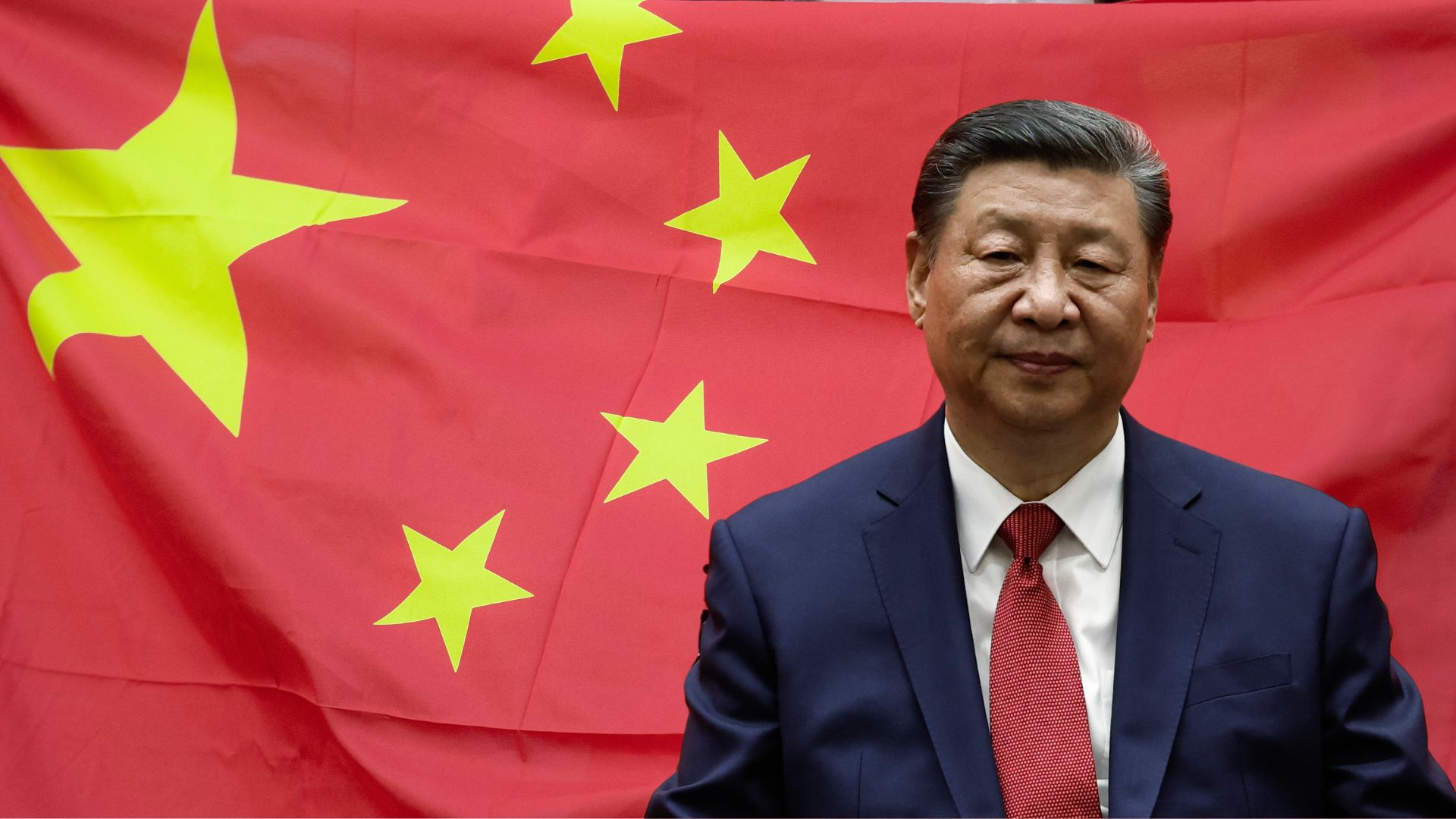
The statement accuses China of abusing labor and environmental standards to outcompete other producers in the industry.
“Canadian auto workers and the auto sector currently face unfair competition from Chinese producers, who benefit from unfair, non-market policies and practices,” said the statement. “China’s intentional, state-directed policy of overcapacity and lack of rigorous labour and environmental standards threaten workers and businesses in the EV industry around the world and undermine Canada’s long term economic prosperity.”
Extraordinary Threat
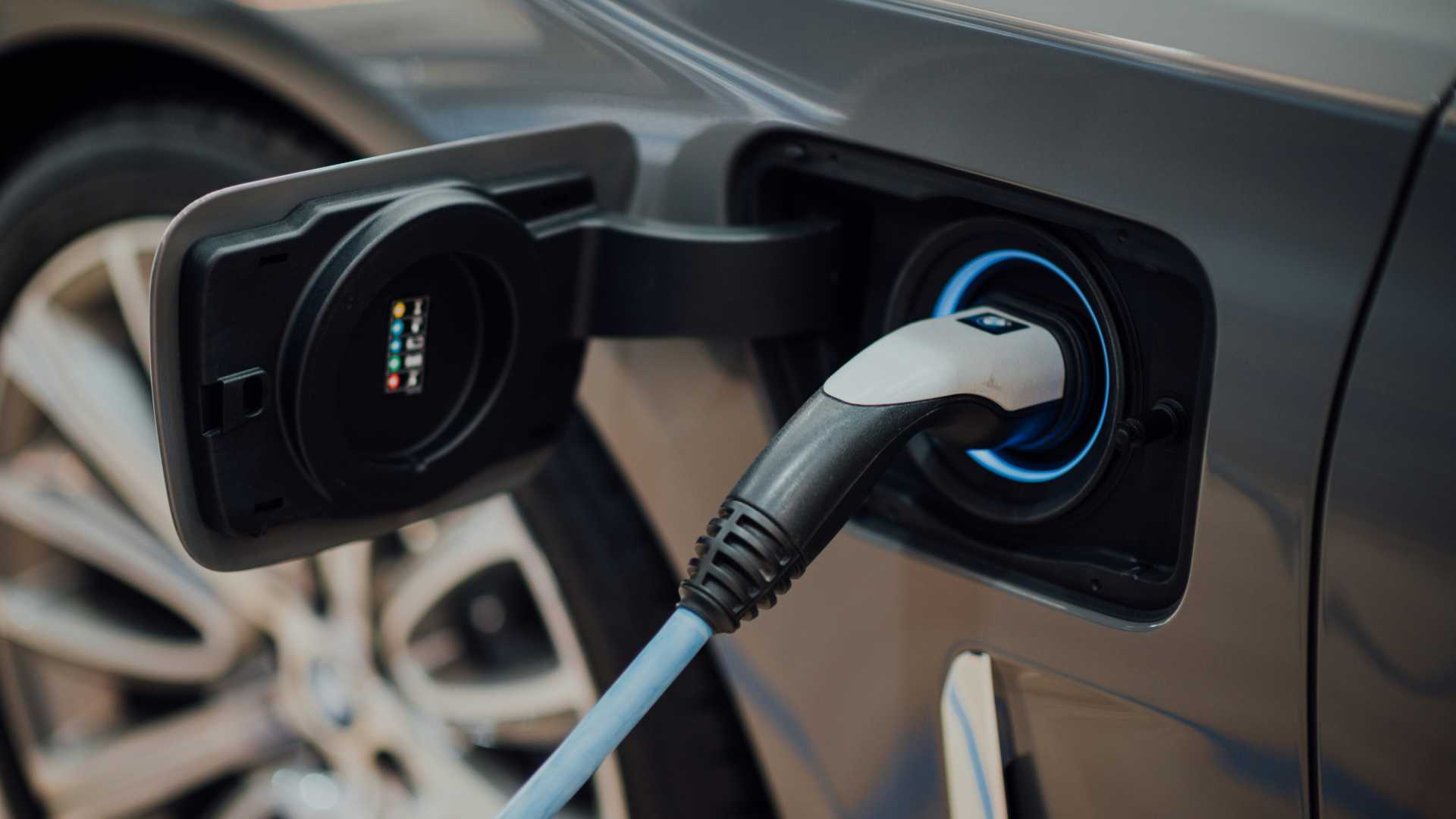
Canada emphasized that this threat from Chinese producers was substantial, and would require drastic measures to address.
“Recent consultations with stakeholders have confirmed that exceptional measures are required to address this extraordinary threat,” the statement said.
Increasing Tariffs
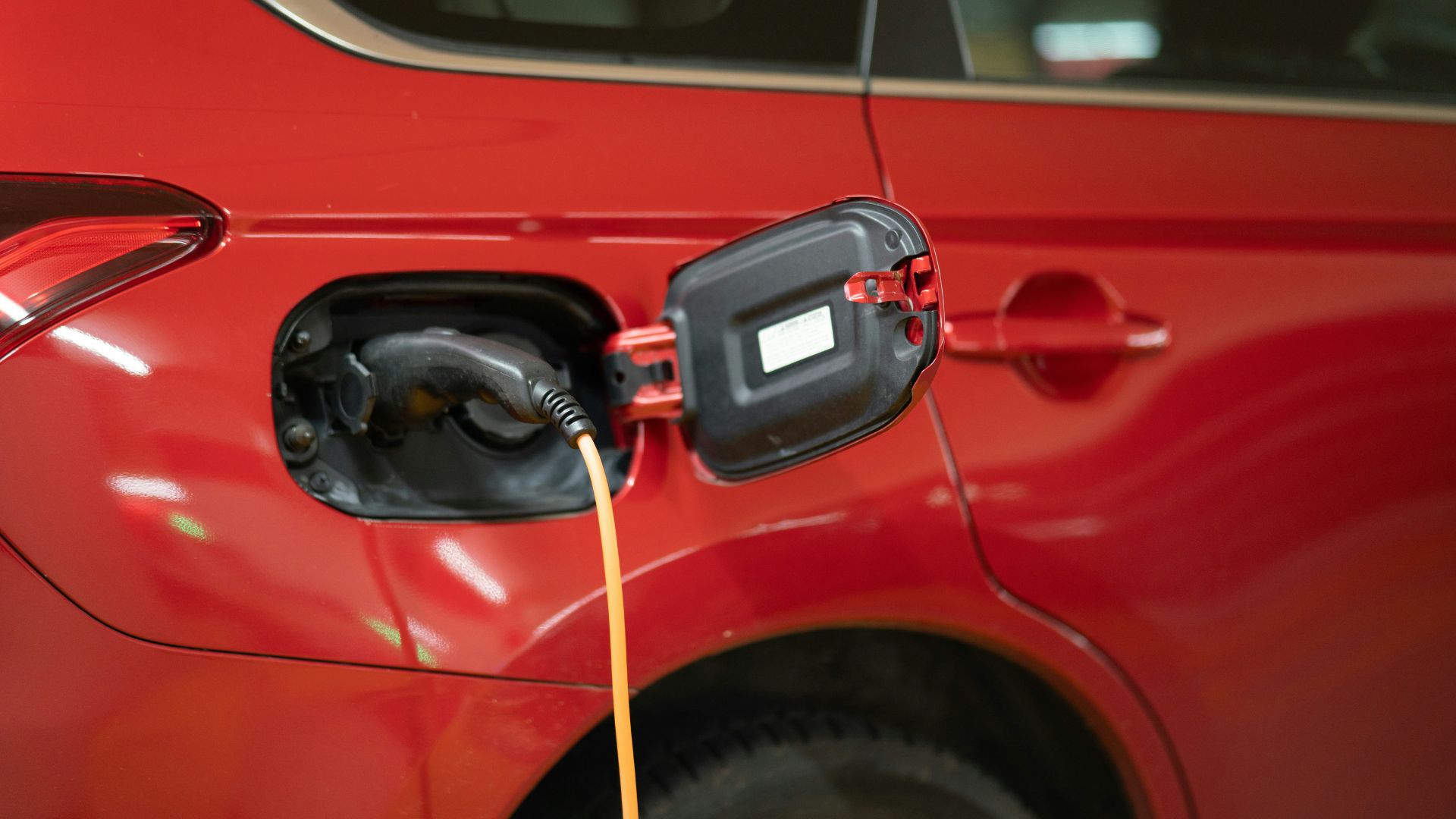
The statement outlined the initial actions the Canadian government will take against China, which will include a tariff increase on Chinese-made EVs.
“The Government of Canada intends to implement a 100 per cent surtax on all Chinese-made EVs, effective October 1, 2024,” said the statement. “This includes electric and certain hybrid passenger automobiles, trucks, buses, and delivery vans. This surtax will apply in addition to the Most-Favoured Nation import tariff of 6.1 per cent that currently applies to EVs produced in China and imported into Canada.”
Matching the US

This new action from Canada matches an early measure announced earlier this year by US President Joe Biden.
In March, Biden announced the hike to 100% EV tariffs in 2024, also accusing China of unfair trade practices.
Shared Motivation
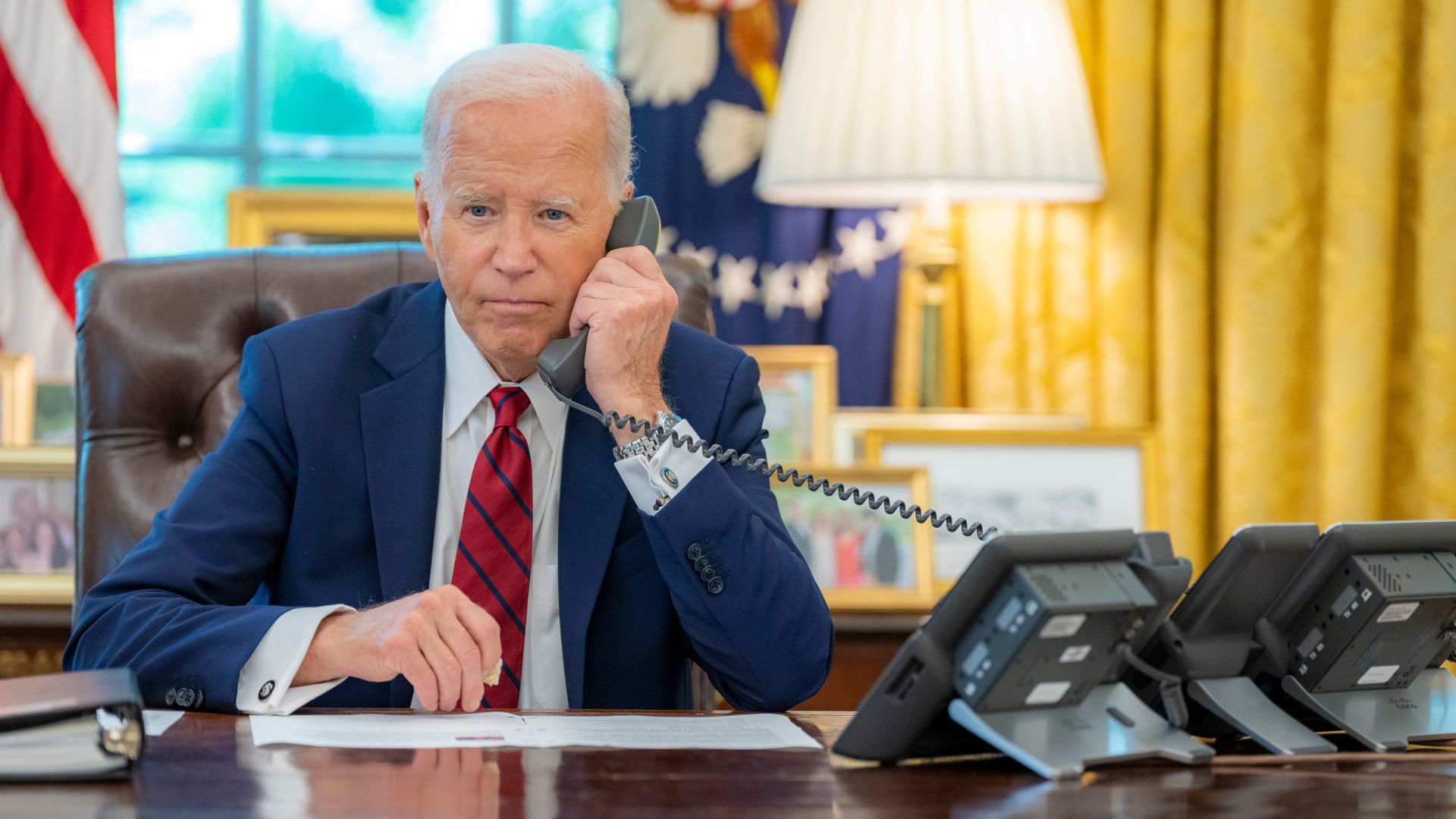
In a White House statement, the Biden administration outlined their opposition to Chinese EVs which is similar to Canada’s concerns.
“China’s unfair trade practices concerning technology transfer, intellectual property, and innovation are threatening American businesses and workers,” the White House said. “China is also flooding global markets with artificially low-priced exports.”
Threat of Chinese Expansion

The Biden administration worries about the rate at which China is overtaking the EV market as the administration grapples with its own measures to transition Americans away from gas-powered vehicles.
“With extensive subsidies and non-market practices leading to substantial risks of overcapacity, China’s exports of EVs grew by 70% from 2022 to 2023—jeopardizing productive investments elsewhere. A 100% tariff rate on EVs will protect American manufacturers from China’s unfair trade practices,” said the White House statement.
EU’s Actions
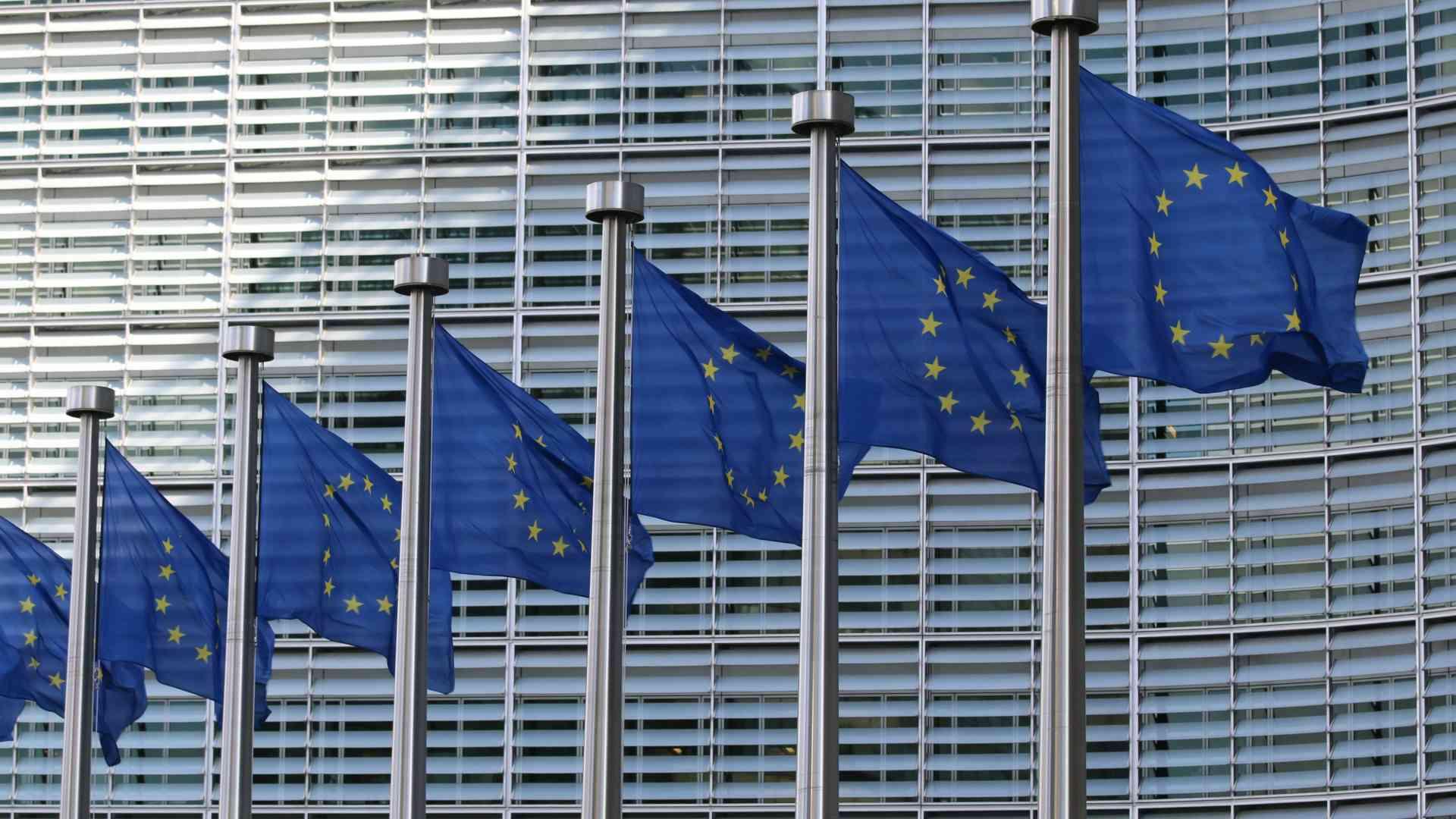
In June, the European Union decided to impose tariffs of up to 38% on Chinese vehicles after an investigation found that Chinese EVs benefit from “unfair subsidization, which is causing a threat of economic injury to EU BEV producers.”
The European EV market has been experiencing a prolonged period of slowdown, with forecasts being adjusted down to account for recent large double-digit sales plunges in Germany.
China Responds
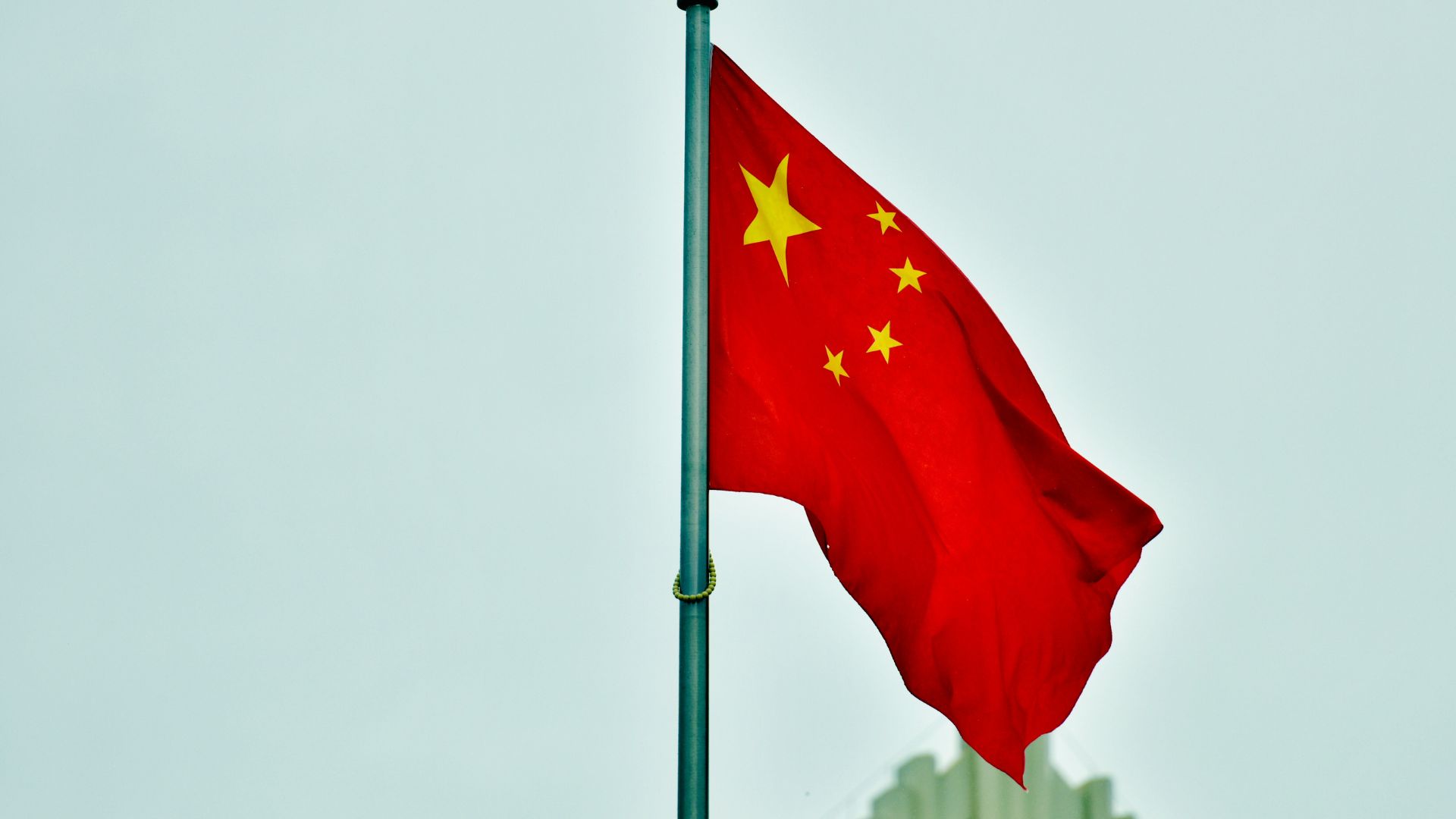
The Commerce Ministry of China has responded to the latest tariff action from Canada, expressing dissatisfaction at the decision.
“Chinese EVs are welcomed by users around the world, including Canadian consumers. They have also made great contributions to the global response to climate change and green transition efforts,” said a commerce ministry spokesperson.
Disregarding Facts
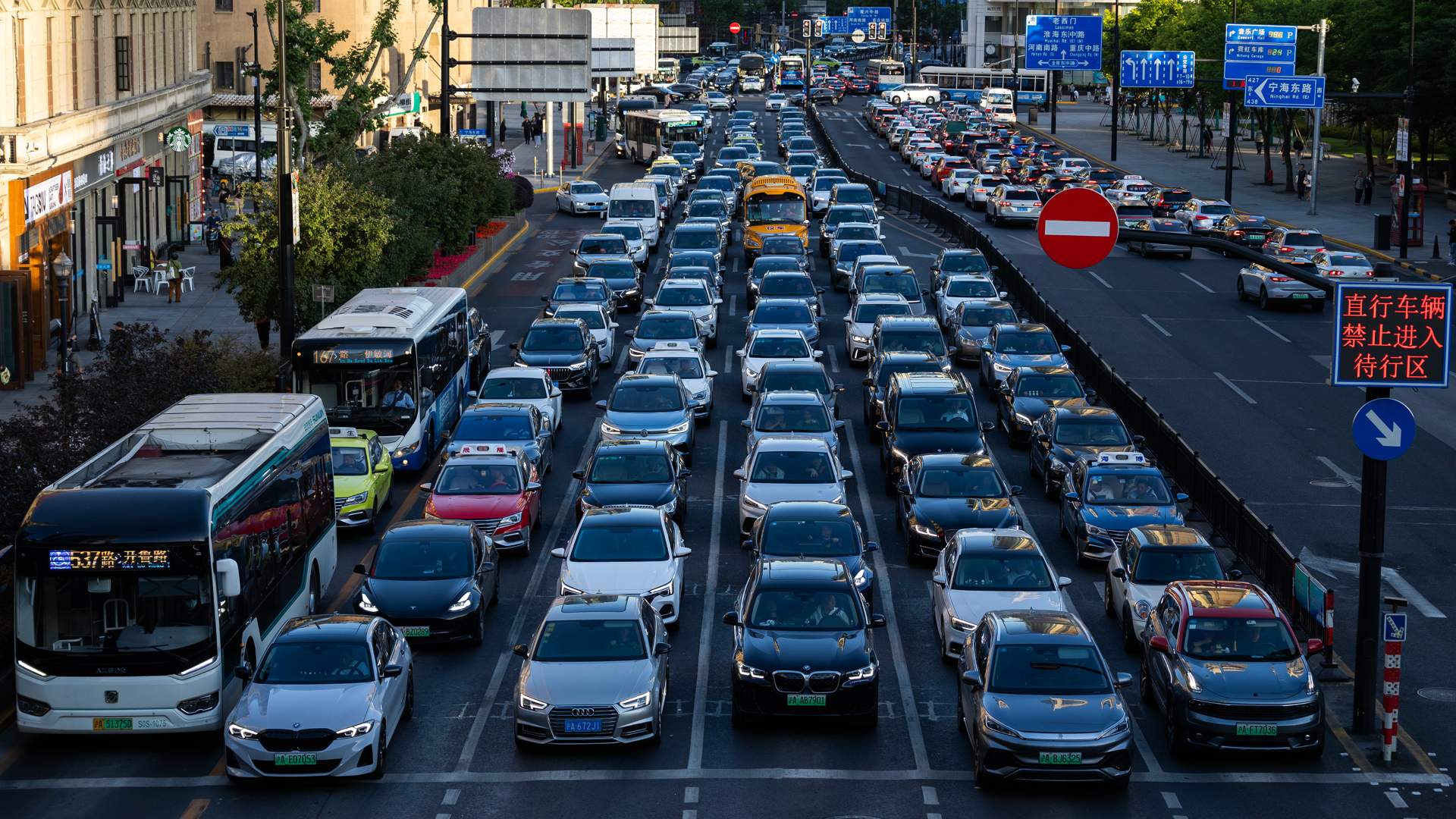
The Chinese spokesperson further pushed back against the move, saying the Canadian government has disregarded facts and violated the rules of the World Trade Organization (WTO).
This spokesperson also accused Canada of hypocrisy around its ideas of free trade and blindly following in the footsteps of other countries.
Possibility of Retaliation

Although China’s statement stopped short of calling for retaliation, experts speculate that this latest round of tariffs could provoke such a response from Beijing.
“They’re going to retaliate,” said Moshe Lander, an economics professor at Concordia University. “China is not a country that just stands idly and accepts economic sanctions against it, which is really what happened.”
